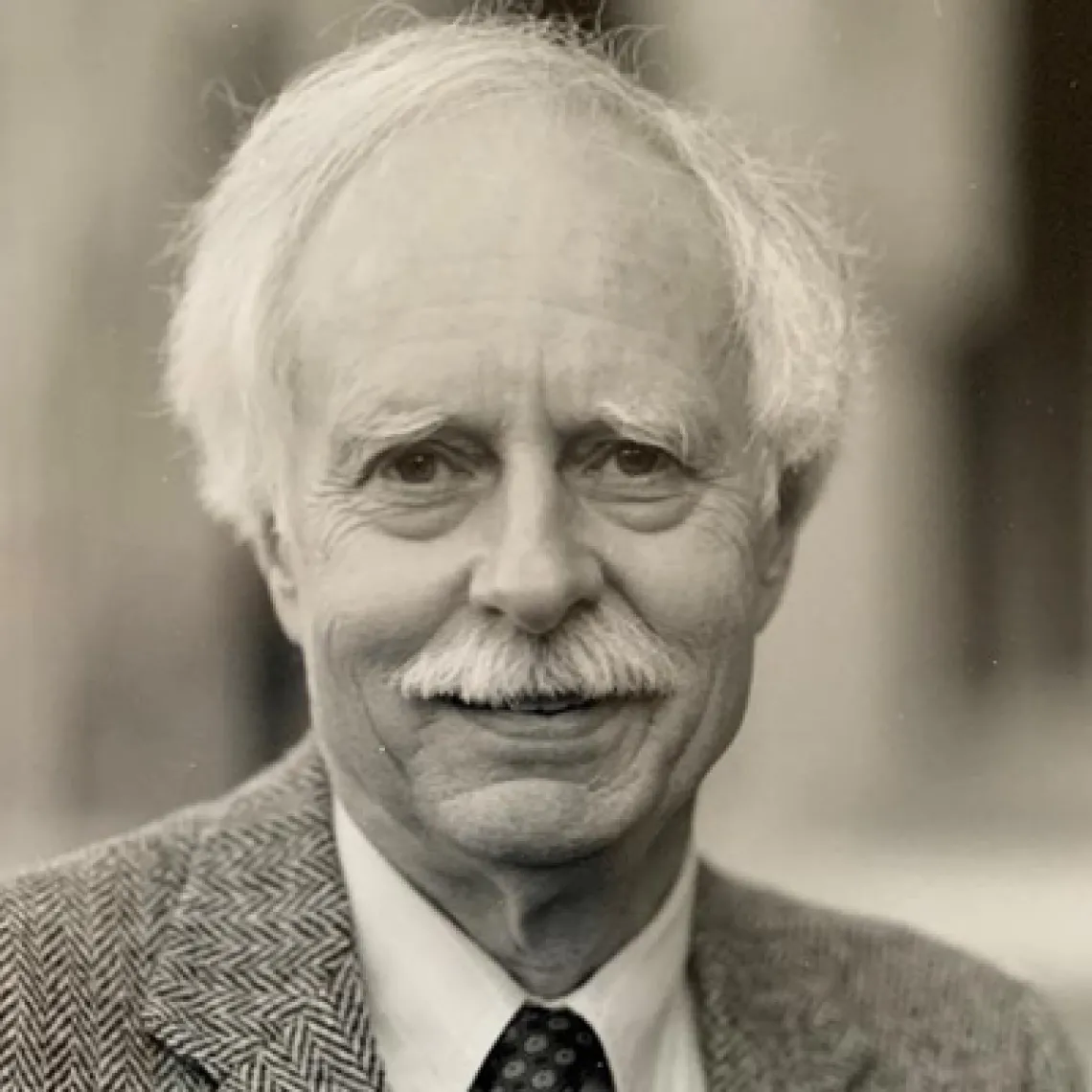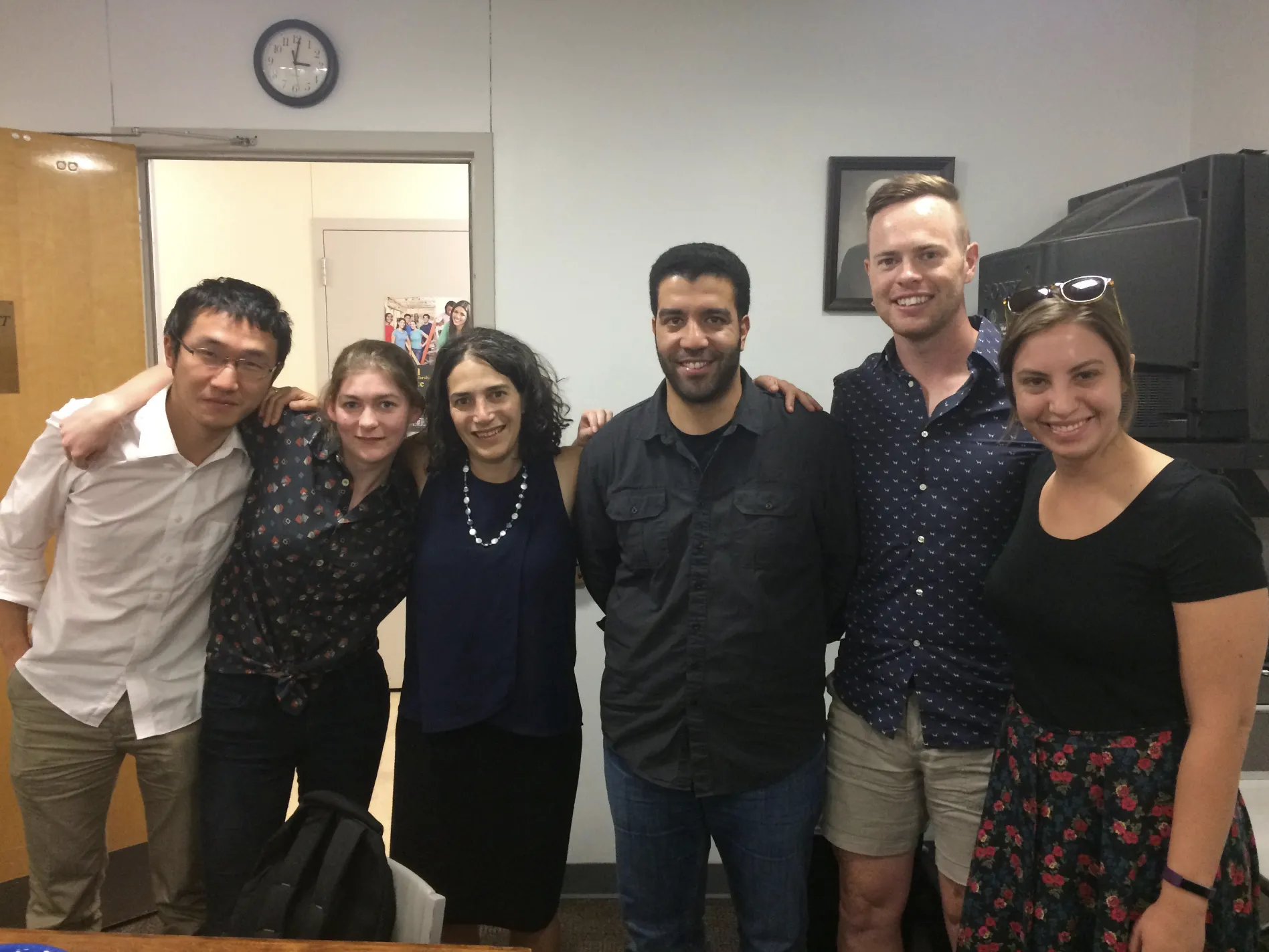Roger N. Shepard (January 30, 1929 – May 30, 2022) was a cognitive scientist and author of the Universal Law of Generalization (1987), addressing the fundamental problem of learning: how what is learned in one situation generalizes to another. He was one of the giants of Cognitive Science. In 2002, The Review of General Psychology ranked Shepard as the 55th most-cited psychologist of the 20th century.
Professor Shepard obtained his Ph.D. in psychology at Yale University in 1955 under Carl Hovland and completed post-doctoral training with George Armitage Miller at Harvard. Subsequent to this, Shepard was at the Bell Telephone Laboratories and then a professor at Harvard before joining the faculty at Stanford University, where he remained for the rest of this career. He was a Ray Lyman Wilbur Professor Emeritus of Social Science at Stanford University.
Dr. Shepard’s foundational research on the Universal Law of Generalization was part of his continued search for universal laws of cognition and behavior and for the universals of the world that may have been internalized as their substrate. He was also interested in the explanatory gap between the mental and the physical and the effectiveness of thought experiments in Psychology and Philosophy.
Roger Shepard’s scientific contributions include the first demonstration of how musical pitches could be computer-generated such that they are heard as forever going up or going down in pitch - an auditory illusion called The Shepard Tones. Shepard showed that such endlessly rising or falling musical pitches are necessarily represented as points equally spaced around a uniform helical circle.
Roger Shepard also originated the first computer-based method of what has since come to be widely known as “non-metric multidimensional scaling (NMDS)” a method for representing statistical data in a plane or in space with minimal distortion so that it can be apprehended by humans. Joseph Kruskal, a Bell-Labs mathematician, later contributed some practical and theoretical improvements over Shepard’s original formulation. Subsequently, with others at Bell Labs, including Kruskal and Douglas Carroll, and with coworkers at Stanford, Shepard developed different but related methods of MDS and “cluster analysis.” These methods continue to be applied in many fields of visual, auditory, cognitive, and behavioral sciences.
Professor Shepard’s ground-breaking research includes experiments demonstrating that some spatial problems were solved via imagined rotations that could be measured quantitatively. These experiments revealed that the time it takes for an observer to determine that two computer-generated three-dimensional images are identical in shape increased exactly linearly with the angular differences in their presented orientations (from zero to 180 degrees). This work, inspired by hypnogogic imagery, was pivotal in extending the field of Cognitive Science to include mental imagery. Roger first conceived and carried out these “mental rotation” experiments at Stanford University with his graduate students Jacqueline Metzler and Lynn Cooper; later, many other students and coworkers including Peter Podgorney, Michael McBeath, Joyce Farrell extended this work. At Stanford University Roger Shepard and his graduate student Carol Krumhansl introduced a new approach to music perception and music cognition that was investigated extensively by Dr. Krumhansl in her lab at Cornell University.
Roger Shepard was the recipient of the James McKeen Cattell Fund Award, the Howard Crosby Warren Medal from the Society of Experimental Psychologists, the Award in the Behavioral Sciences from the New York Academy of Sciences, the Distinguished Scientific Contribution Award of the American Psychological Association, the Gold Medal Award for Life Achievement in the Science of Psychology from the American Psychological Foundation, the Wilbur Lucius Cross medal of the Yale Graduate School Alumni Association, the Rumelhart Prize in Cognitive Science, and the National Medal of Science. He has received honorary degrees from Harvard, Rutgers, and the University of Arizona. Dr. Shepard was elected to the National Academy of Sciences in 1977 and to the American Philosophical Society in 1999. In 1995, Shepard was awarded the National Medal of Science for his contributions in the field of cognitive science. The citation read: "For his theoretical and experimental work elucidating the human mind's perception of the physical world and why the human mind has evolved to represent objects as it does; and for giving purpose to the field of cognitive science and demonstrating the value of bringing the insights of many scientific disciplines to bear in scientific problem solving."
In his retirement, Dr. Shepard and his wife, Barbaranne, moved to Tucson, Arizona, where he was affiliated with the Cognitive Science Program and the Department of Philosophy at the University of Arizona.
For an obituary written by his family, please click below.
Remembering Roger Newland Shepard, Obituary


